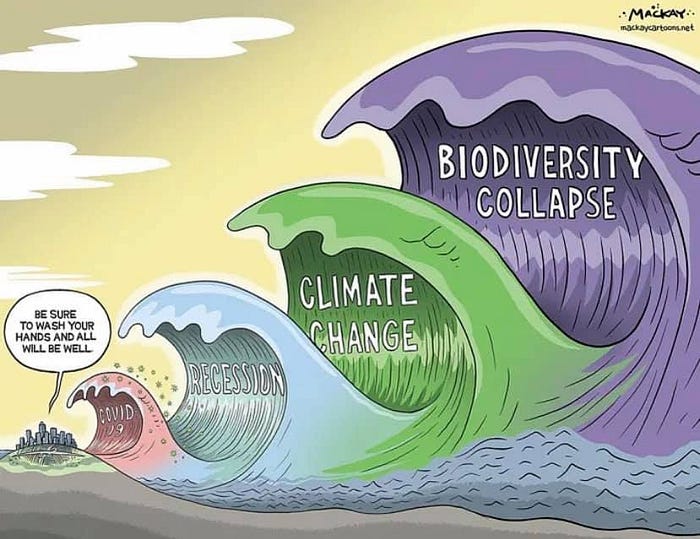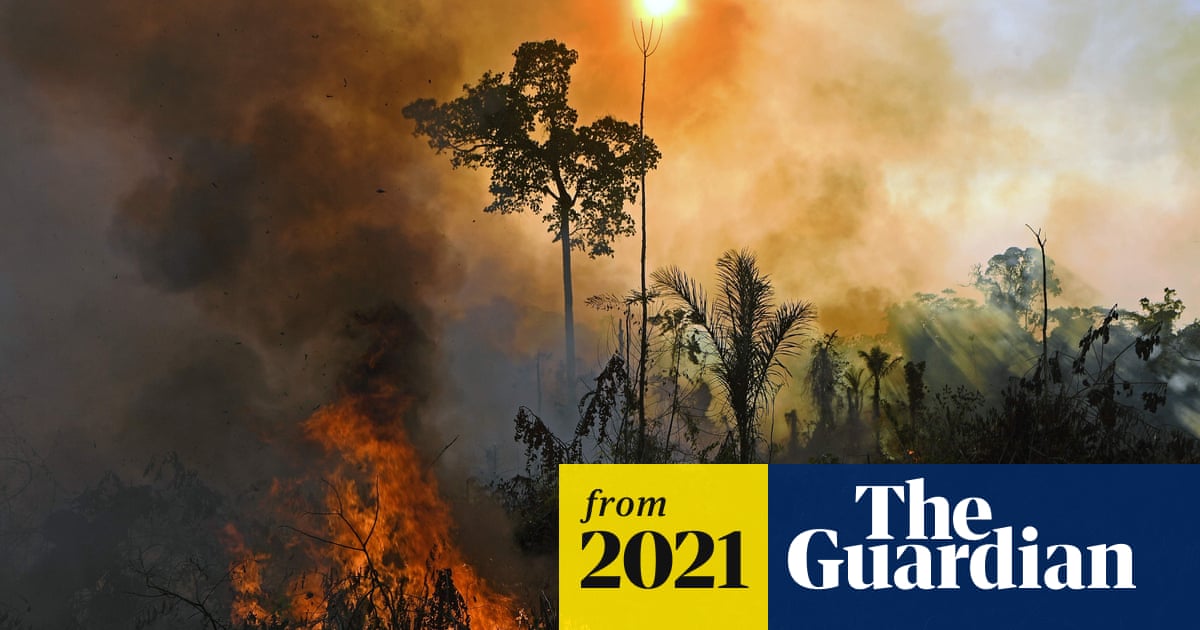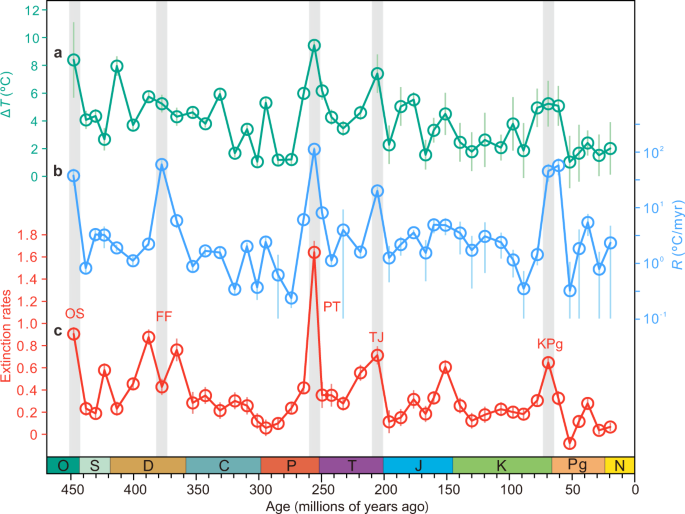This would solve a big part of climate change, for sure.
That's why I've invested all my savings into Tesla since 2012, for the record.
But by making all our energy renewable, we may introduce some big changes into the way we inhabit this planet.
If we can
- travel and commute with almost-zero emissions
- use our commute to work and play, thanks to FSD
- build clean houses that are off-grid and super-efficient (thanks to solar roof, power-walls and Tesla HVAC)
- enjoy low latency, high speed internet thanks to Starlink
Everywhere I look, I notice more and more people expecting clean energy and digitization to allow them to finally move to a bigger place and enjoy nature. You can look at all the early retirement threads and Cybertruck dreasm here on TMC or any Tesla fan community, for a start.
That would be fine, only if
- few people had the means and desire for such a life (but it's getting more affordable to do -- as explained by Cathie Wood with her massive deflation thesis -- and no one talks about moving into more dense cities nowadays)
- the collapse of biodiversity was not a problem that is at least as big as climate change
Now, what does this have to do with TSLA?
IMHO, Tesla has managed to force all energy and transportation companies to embrace renewable energy (at least for cars, super cars, pickup trucks and, soon, semis and electricty generation)
But I don't know a company that has a similar influence on the biodiversity issue, which has little to do with renewable energy but more with humans' physical footprint on natural habitats (see Global Assessment Report on Biodiversity and Ecosystem Services - Wikipedia). One can veggie (and there's Beyond Meat that is leading the charge on the business side), but very few businesses, for now, would gain financially from limiting our impact on biodiversity. Hey, we gotta make stuff and rebuild our infrastructure, right?
At some point, we may focus out attention from climate change to biodiversity, and Tesla could well we be perceived as a contributor to the rapid expansion of our footprint. Sure, the expansion would be "clean", it would still impinge on nature, with dramatic consequences on natural habitats -- even if you don't make noise and emit no CO2 (see Biodiversity loss - Wikipedia for all known causes)
I don't know when this will happen , but I'm sure this will happen sooner than later. See how long it took societies to do something about climate change. We move very slowly: we started decades ago and we keep emitting more and more CO2! The problem is that we have almost not started to work on the biodiversity thing, and the effects could be worst and felt sooner that the climate thing. So the switch will certainly be brutal (more than Elon's realization that bitcoin hashing is bad for the environment).
I'm worried that Tesla may not be able to mange those two things at once. For example, no Tesla products is well suited for a dense cities (I, for one, live in a tiny flat in Paris that has little to gain from a solar roof, and I don't ride in car but trains and bicycle). Tesla could benefit from serving the "urban" market, to make it as enjoyable as possible (versus the Cybertruck way of live) and to not pass of a contributor to the biodiversity catastrophe.
I also believe that future competitors of Tesla will take advantage of such a blind spot, sooner than later.
I'd like to read your thoughts on this, both as investors and a citizens of this liveable planet.






